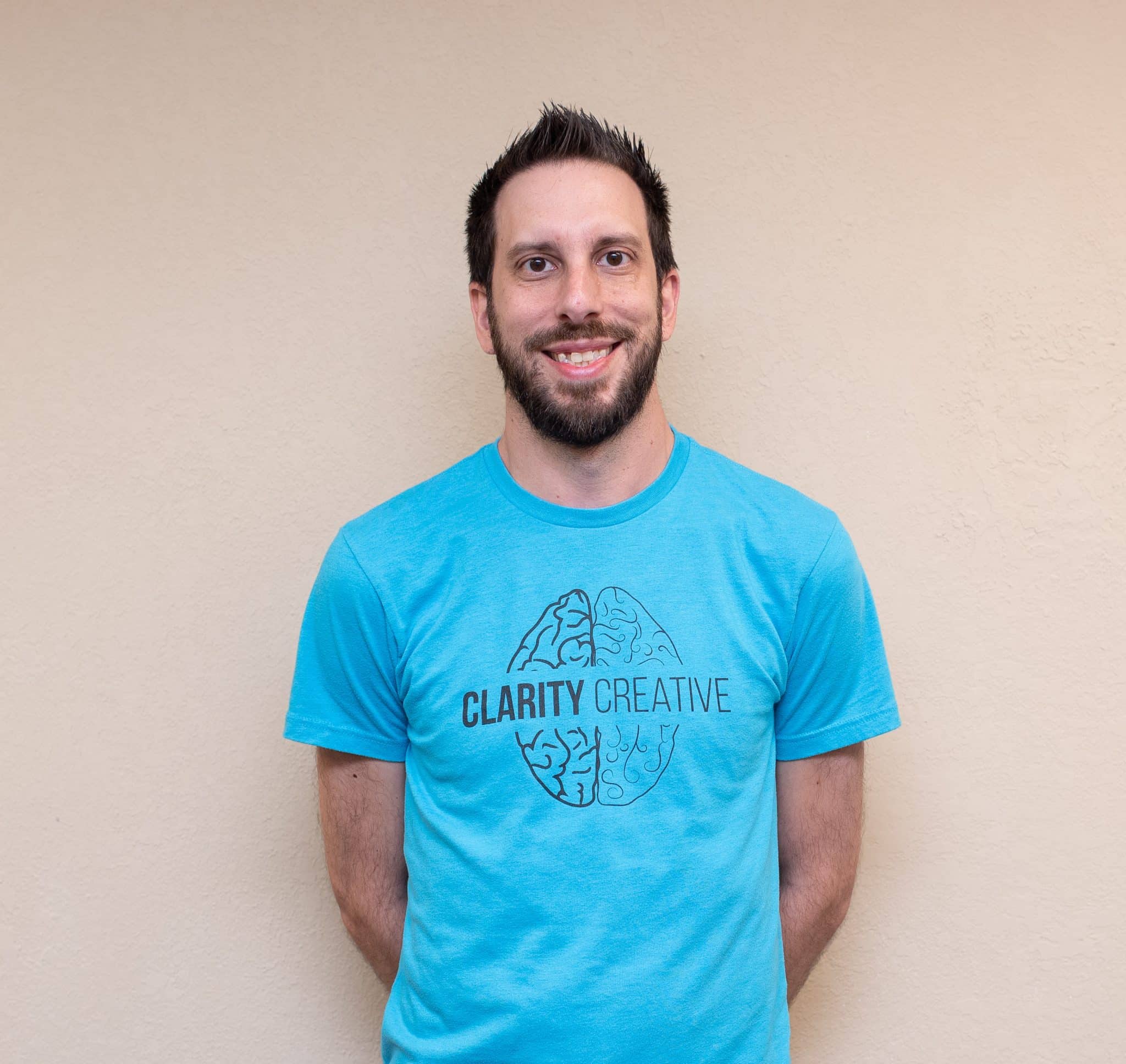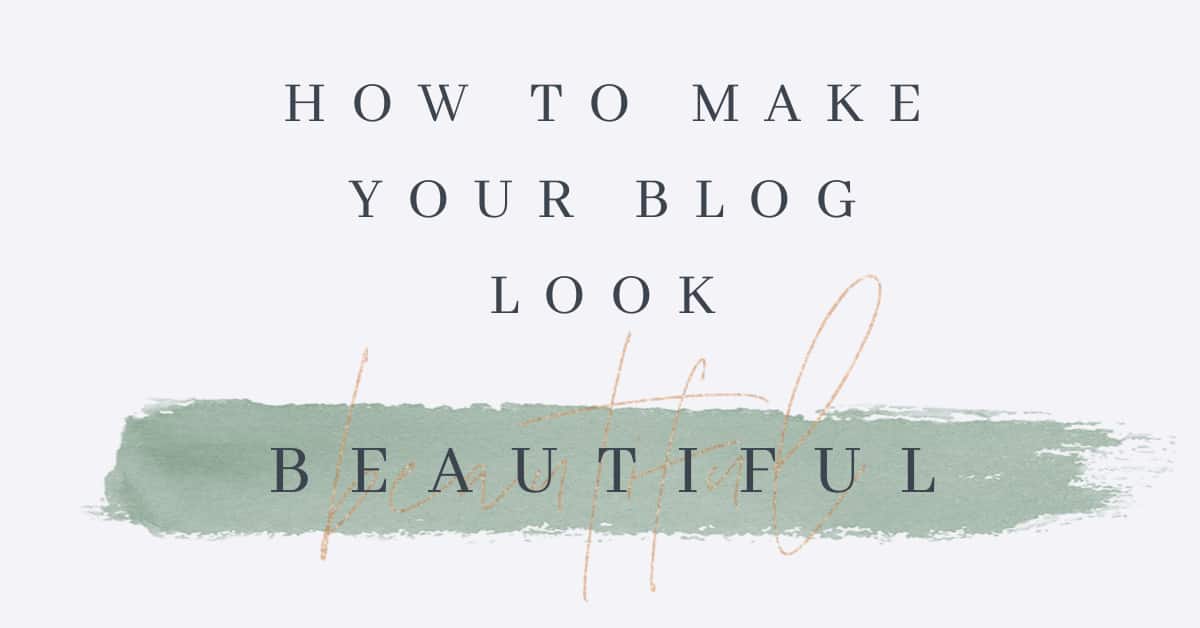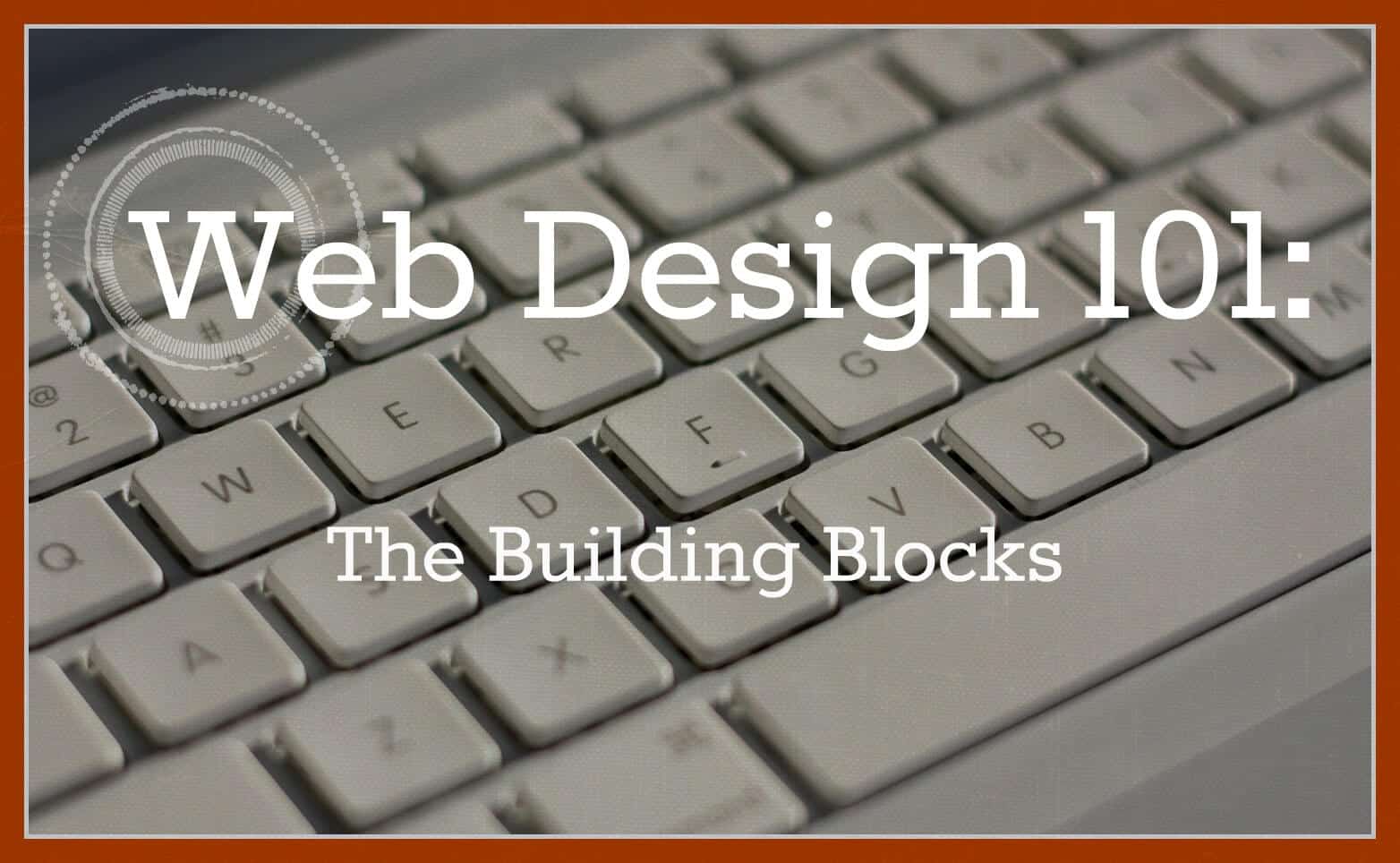We’ve made it to our fourth episode! Sound the horns! There are no horns? Well, we discuss Business Finances in this episode anyway.
- Our tool of the episode is Freshbooks, an amazing online software that allows you to balance your accounts payable and receivable, expenses, and more.
- In the Deep Dive, we focus on small business finances from invoices to expenses, and everything in between. Getting your business organized financially is crucial to long-term success. Balance sheets, profit and loss, break even point, invoices. All valuable pieces of your overall finance management.
- In our closing trivia segment, our co-hosts battle in business finance knowledge. Spoiler Alert: Craig probably wins.
Like what you hear? Go ahead and subscribe:
- Subscribe to us on Apple iTunes
- Listen to us & subscribe on Stitcher or Google Play
- Follow us on Soundcloud
Having technical difficulties? Rather skim an article than listen to a podcast? We’ve transcribed the whole thing right here:
Episode Transcript
Craig: Welcome to IWantBusiness, the Small Business Podcast. We’ve made it to episode 4 somehow.
David: Woohoo!
Craig: That’s David. I’m Craig. We’ve got Brian, our producer extraordinaire, live in our office in Winter Springs, Florida, recording live. This episode is gonna be all about business finances. What does that even mean? Numbers, things you do, profits, lot of words that sound made up. David is gonna run you through all of those in our Deep Dive today.
We’re gonna hit you with a tool in just a moment called FreshBooks and wrap it all up with our fun trivia segment. First up, what is FreshBooks? It’s a tool you might want to use for your small business.
David: Well, this tool is perfect when we’re talking about finances, when we’re talking about expenses and invoicing and how it benefits you. FreshBooks is like QuickBooks but so much easier. Everybody uses QuickBooks, everybody loves their QuickBooks.
Craig: Boo, QuickBooks. How about that? I’ll say it.
David: I don’t like it. You have to take a whole class and there’s books on QuickBooks.
Craig: True or false, did we not use QuickBooks the first couple of years?
David: I hated my life.
Craig: We did. And it was bad.
David: It was bad. It was bad. So come into the scene: FreshBooks, saving my life, saving everything that I do. They offer a 30-day free trial to give it a go.
Craig: Lovin’ the free.
David: But how it takes care of everything that you need for your accounting, your invoicing, you can put your bank accounts in there. It’s great. I think the details that we talk about in today’s Deep Dive really focus on a lot of the tools and services that they offer. But for a small business to really get off the ground and have really good accounting software, FreshBooks is awesome.
Craig: I use FreshBooks…I don’t want to say “daily,” because David gets mad at me, because I’m supposed to allot my time properly and not do it everyday. But I like it so much, it’s so easy to manage the invoices, the expenses, it links directly to your bank account, which is super cool. It’s got…of course, David could tell more…it’s super secure. I shouldn’t have said, “Links to your bank account,” they got all your money! It does that, but it does it in a really secure way. They’ve got all that, what? Https, whatever you call that, secure protocol, help me out with the tech stuff.
David: No, you’re doing great.
Craig: I don’t know these things.
David: I’m just watching.
Craig: I know that none of my money has been stolen, and I’ve been using it for years. It pulls the expenses in and actually helps you categorize them. So what’s so cool for the end-of-the-year stuff is, when I bring the accountant the files from FreshBooks, it’s done. It’s already itemized, it’s already got all the expenses in there. For me, with the trivia business and with the Clarity internet business, we send our invoices through this. We can get paid through this, it has so many different pieces, you can accept money through it.
We just started a new entity, doing wedding entertainment, live parties, and we were able to get our invoices out instantly, the first day we set up. We were able to accept money instantly, through FreshBooks. It’s very cool–
David: So simple.
Craig: The different things it can do. Now, this would be the first tool that actually I can get behind but, much like our other tools, if you’ve been listening to our other episodes, I was resistant at first, (laughing) as I’ve been to everything. I think you’ll see a trend, that every tool that David brings to the table for IWantBusiness was something that I wasn’t sold on originally. I was initially sending PDF invoices. When I started my business, the live entertainment, I was sending PDFs. And it was very difficult to track once I had more than four clients. It got overwhelming. I actually forgot some and never got paid. That is the reality.
David: Yeah.
Craig: FreshBooks allows me to send recurring invoices. I got things that happen every week, the same time, the same way. It allows the client to actually pay automatically. Unfortunately, some don’t do that, but it’s super cool when they do.
David: In a perfect world.
Craig: And well worth the 2.9%. The ability to make sure that your money is coming and going in the right ways, from the right place, and to the right place, is huge as a small business. We recommend FreshBooks to any small business getting started as a way to keep you in line. And the fact that they have the 30-day trial for free, you can try it out, you can test it out. I think their paid version starts as low as $19 a month.
David: Yeah, something around $15, $19, somewhere around there.
Craig: Yeah, and they actually allow you to— They offer, they don’t allow it, they offer you to pay the whole year upfront at a discount, which is also pretty cool. So, even if you’re just getting started, this is one of those key elements that you want: organization. FreshBooks helps you organize your business finances.
David: Great tool. I love it and, as I said, I used many other ones out there, and there’s a dozen choices for accounting. But if you want something that’s, like you said, out-of-the-box simple, this is a great option for you. I’ve used a couple, just to try them out and see is there greener pastures out there? And every time I go, “No, there’s not.” I keep going back to it, even as recently as a couple months ago, I tried one out and it was like, you realize how good you have it with FreshBooks.
Craig: If you’re a QuickBooks faithful, give it a shot with the 30-day trial and see if you don’t see the difference. Every interaction I’ve had with QuickBooks was just two steps longer than anything I’ve had to do on FreshBooks.
David: The other part about FreshBooks that’s really cool, is they have a great blog and help support network that really helps small businesses in understanding how you should accept money, when you should accept it, follow-up emails and doing all that. They offer advice, so they’re not just “the accounting software and have a good day.” There’s literally tips that they give you through the setup process, through editing your account. They go, “Hey, just to let you know, it’s better if you have a 7-day followup or a 14-day followup versus no followup at all.” And when you’re doing PDFs yourself, you’re not having any followup whatsoever.
Craig: (laughs) Exactly. This really helps you get organized. And, as you’ll learn through these episodes and through your own business, organization is going to help you.
Coming up next, we’re gonna get into our Deep Dive all about business finances, kinda makes sense with what FreshBooks does for you. We’ll touch on that again, right after this.
This episode is brought to you by Clarity Creative Group, www.IWantClarity.com. It is produced by Podcasting Done Right, your source for getting your podcast done exactly the way you want it.
David: All right, we are into our Deep Dive section and, this time, we are talking about Small Business Finances. If you just listened to our tool, obviously, you just heard the benefits of having a controllable and well-thought-out finance system. And we want to talk about some of the key terms that small businesses need to get into and understand as well as some really good steps to take your business to that next financial level. And the only way you can do that is if you understand the business and the monies that are coming in.
Craig: This is so huge for small businesses. Again, I like to use the personal stories, just because it’s all I really have to pull from, but David… And again, he’s gonna go deep into the different types of money that are coming in, what you do with them. But he was so helpful with, not just with what we’ve done with Clarity Creative Group and how we’ve grown, but with the live entertainment business.
Again, earlier in the segment, you heard I was using PDF invoices and I’ve come a long way since then. And with his guidance I was able to understand the money coming in versus the money going out. What’s the difference, where am I making money, where am I losing money? And it’s just so important for you to know these things about your business because, without them, you have nothing tangible to take things to the next level.
Give me one example, if you ever wanted to sell your business one day. To this point, you’d have to show this data. Even if you wanted to get a business loan to grow your business, you have to show this data. You need the people in the banks, or those potential buyers, to know what’s going on. And for you in your business, it will help you grow if you know what’s going on.
David: Oh, yeah. There’s a couple different steps to understanding that financial part. I just wanted to go over some of the key terms that you’ve probably already heard and you’re gonna hear a little bit more.
Expenses. Huge! These are the types of monies that you’re spending as a business to function. Chances are, most businesses have expenses, whether it’s material costs, whether it’s the cost of a microphone if you’re in the entertainment business. If you’re a web company, you gotta pay for the server. These are your expenses. Definitely an important part.
Gross Revenue. This is the dollar amount that your business is making, the money that’s coming into the door. There’s no money subtracted from it, it’s gross revenue that’s coming in.
So you’re gonna take your gross revenue and your expenses. Now, if you’re making more money than your expenses, you’ve hit your break even point. Time to celebrate. Hopefully at this point, you’ve already started paying yourself, so there’s even more extra gross profit in that business.
So those are some key terms that small businesses need to know, that they need to be a part of.
Craig: You said “gross,” you said “profit.” This one word comes up that I’m honestly gonna admit does confuse me at times. Help me understand when people are saying “net.”
David: So “net profit” would be the amount of money that you’re making after your expenses.
Craig: Okay.
David: So that net profit is that amount of money that you’ve taken into account…. Let’s say you sell a widget. Everybody loves the widgets. You’re selling a widget–
Craig: I have widgets.
David: It costs you a dollar to make the widget, you sell it for $2, so your net profit at that point is $1.
Craig: Got it.
David: So it’s simple math, simple understanding. Because, again, this is the importance of understanding your finances and putting all this together. So when you’re looking at that balance sheet, just because you’re making money into your business, right? A lot of times, you talk about the term “cash flow?” A lot of businesses are cash flow positive. They’re making monies, right?
Craig: Okay.
David: That’s fantastic.
Craig: Money’s coming in.
David: Money’s coming in, they’re making money. But it turns out that they’re not making enough money to afford their expenses, to afford the fact that they have to buy more widgets. They didn’t, maybe, price their product well.
Craig: I think that was the big misunderstanding for me is, “Oh, money’s coming in, money’s rolling. I have this many clients paying this much, here’s 10,000 bucks.” And then I look at the end and I was like, “Oh no, we spent $11,000 in that same time period.”
So, okay, we have gross revenue, after expenses we have net profit. Is “net” used any other way? That’s what “net” means, gross vs. net?
David: Yeah, pretty much. It’s understanding the profit of that item, right?
Craig: I see.
David: It’s so key.
Craig: So “net” can be one individual thing…?
David: Right.
Craig: …As well as a whole…?
David: As a whole, right. So you’re looking at the end. And that’s where, as a business, having your balance sheet makes sense…maybe every couple months, reviewing it. And the reason why you want to be reviewing it, is because you might be thinking that you’re making great money.
Craig: (laughing) Yeah.
David: Every month, people are paying you, they’re paying you, they’re paying you. But all you might be doing is padding your efforts, your energies that you’ve done before. And you might be putting more and more but really, what it looks like, is every month you’re actually losing money, but you just happen to have more money coming in.
So the one thing, as a business owner, you have to be tracking your time, your energies, and your efforts as well as the monthly expenses. It’s all gotta go together, so that way you’ll know, “Did I even make money that month?” We all look at it at the end of the year and it sounds good, but what you realize is that your business is actually not cash flow positive. You made $100,000 because you sold your widget to Home Depot to sell, but it turns out that that money only just padded the fact that you don’t have enough money to pay the machines, pay employees–
Craig: Right, there’s production costs. There’s all this other stuff.
You mentioned the balance sheet and that kinda resonated with me. Is that a profit/loss? Give me a little information on this balance sheet.
David: Yeah, the balance sheet’s gonna take into account how much money you have in your bank account, it’s gonna take into account how much expenses you have, and how much money you’re paying out. So, those are your expenses in terms of wages, expenses in terms of insurance and all that. And then how much is coming in, expected to come in, how much is in your bank account, and then how much did you actually collect. So you have to know, as a business, are you even collecting at a rate that your business can survive?
Craig: Gotcha. How would you know…. Is it simply positive and negative? How would you know if you’re in a bad situation?
David: Well, there’s plenty of companies out there that have functioned for years without ever being cash flow positive. One of them being Amazon. It took them years before they ever actually made a profit, which is kinda crazy. And you can survive–
Craig: Investment capital. Now, in the case of small business, though, you may not have the backing of billionaires and venture firms. So, how can you get ahead of the curve, I guess I’m saying, so if you’re noticing one month or two months and you’re like, “Wow, okay, I’m spending more.” Would you say that I should be looking at my balance sheet, my profit/loss statement? What should I go to—or an expense breakdown—what should I look at to find out that piece: that I’m either spending too much or not charging enough or something?
David: It could be a little bit of both. I would say your best first stop should be that profit and loss sheet, which is probably gonna show you your invoices, how many invoices do you have outstanding? So maybe you’re expecting more money than you expected. So how much did you invoice that month and how much did you get?
And then if you’re using a tool to do your accounting, like a FreshBooks, where you can break down, like you mentioned, categorizing your expenses. Looking and seeing, “Hey, this month, I spent this amount in insurance and the next month I spent double the amount on insurance. This month I paid this much in…maybe it’s water and power, but the next month, I tripled it.” So what caused that expense to go up–?
Craig: Okay, so it’s gonna give me indicators of what to look at.
David: Yeah! So, if you’re paying attention to that profit and loss sheet every month, you start seeing trends. Trends in the good and trends in the bad. But when you start trending in a bad direction, you can make those adjustments to not have a bad month the next month. But paying attention to that is key.
Craig: So you’re filling me with questions, which is great. Because that’s what we’re trying to do here, is we’re trying to talk about these things that are gonna help small businesses grow. So, you mentioned “break even point” earlier. Is that as simple as a zero? The money that came in and the money that came out were even? Is that break even? What determines that?
David: “Break even” is when you’ve paid all your expenses, and you’ve taken in your Accounts Receivable and you’ve looked at those numbers. And at the end of that point, you have, maybe, an extra dollar in your bank account–
Craig: (laughing) Okay.
David: … Means that, at that point, you broke even.
Craig: Got it. So it is that literal zero-out. And, again, it sounds bad. But what we’re saying is, there’s a lot of businesses out there that don’t break even, that are dipping in or need investment capital. So if you’re at a point, at these early stages, where you can be break even…I know David’s using the example of widgets. You’ve produced this widget at a $1 rate and you’re able to sell it at $2, you made that dollar, “I see what’s happening there” and then you can scale that into selling a thousand of them or a million of them.
David: Right. But maybe that widget company, in order to get— They’ve only sold a thousand widgets, but they needed to buy 5,000 parts to make the thousand widgets. So now, maybe, at the end, unfortunately they didn’t break even that month, but maybe in the next month, they did because they sold another thousand widgets without having to have that expense that month before.
Craig: That makes sense. So, on that point, some months you may have expenses that outweigh your Accounts Receivable. And Accounts Receivable being the money that came in. Is it that you should look at it every quarter to see where you’re at? What kinda recommendation do you have on that?
David: Well, that’s where that balance sheet, maybe, every quarter makes a little bit more sense. And looking at your profit and loss every month might be a good thing. And then, of course, looking at the end-of-the-year, when you’re doing the fiscal year, where you’re ending at the September right. Or ending at the tax year, where you’re ending in December. But using that one-year mark as well to adjust and see what those numbers look like. But there shouldn’t be a surprise when you reach the end of the year–
Craig: (laughs) Right. If you’ve been checking up on everything.
David: Yeah. Are you profitable or not? Again, just because there’s money in the bank account doesn’t make you profitable.
Craig: That’s a huge thing to remember. Just because there’s money in the bank doesn’t mean you’re profitable. You want to make sure you’re actually bringing in more money than you’re spending.
To tie it in to our tool, which, in this episode, it kinda worked out really well, FreshBooks can help you with all of this. It ties to the banks, so it knows every expense. If you correctly categorize those expenses, you simply go to their Reports function and it does these things for you! You can hit the Profit & Loss, look at it in an itemized way. It’s actually very, very cool.
Again, I’m not an expert on Accounting. But hitting the Report in FreshBooks allows me to see it as if an accountant had done work on it already.
David: You’re seeing a corporate-level report that the software program puts together for you. And it runs the numbers, it shows you and you can easily look at it. It’s very digestible.
Craig: Absolutely. It shows us the money that came in versus the money that we build, necessarily. Because there’s a disparity there, sometimes. And what came in versus what’s owed. It shows every item that comes out and allows those trends to be looked at on a monthly basis, quarterly basis, and of course, an annual basis. You want to show growth year-to-year.
In our last episode, we talked that only 70% of small businesses get past the second year and only 50% get past the fifth year. Are they looking at their data? You should be looking at your data. You should be knowing about your numbers at all times.
David: So that’s something I was thinking about when you mentioned “knowing your numbers.” So at my house, I’m not a handyman, and one of the things that I would have to do in the heat of summer is mow my lawn. Here in Florida.
Craig: The worst.
David: Terrible! So our lawn company… Love them. They do a great job. I’ll be honest, I don’t think they invoice me properly.
Craig: (laughing)
David: I swear that they’ve missed months.
Craig: I believe it.
David: I look at the amount that I’m paying them and the amount that I know they deserve and I can see– You know, they do the paper invoicing, nothing’s really electronic—
Craig: Yes. A lot of lawn maintenance are doing that. The one in my parents’ neighborhood, they roll it up and shove it in her door. And I’m always wondering, if that blew away, does he remember? He’s got a hundred clients.
David: And I don’t think so. And he just switched over to it.
Craig: Oh, that’s good.
David: To an electronic— And my head just went, “He must just…freeing up time—”
Craig: Found money.
David: Found money. And when I was in my individual small business and I had just started out doing the web side of things, 10+ years ago, before they had a lot of electronic stuff and I was trying to do it myself. I can’t imagine how much money I left on the table because I fail to remember to invoice or follow up with an invoice, remember that something was outstanding.
This day and age, there’s so much out there in terms of keeping this so easy. Gone are the days of paper ledgers, where you have to reconcile reports and reconcile your checkbook with this. And it’s so easy now that it’s all electronic and it can all be in one place.
And if you automate the process…time. Time is that thing that I’m sure we’re gonna talk about in episode after episode after episode. It’s the one thing that I know you lack, I lack. All small businesses need more time. And using accounting tool costs $15, but what’s your hourly rate? What’s your time worth? And if it just saves you an hour, every month, of having to send invoices.
There’s no way, as a small business, you’re making $15 an hour, so it’s gonna pay for itself right away. So I think, as soon as you get those first couple clients, grabbing a tool like this is gonna take you to that next level.
Craig: FreshBooks can make sure you keep everything together. And staying organized is gonna be what separates your business from any competition. It’s important that you learn how to grow, and putting tools in place like this, like a FreshBooks, knowing your differences between revenues, profits, break evens. These are important factors to your success.
David: Oh yeah, for years I worked, not knowing what any of this stuff was and I thought I was doing well. But luckily, I grew my business acumen, my business background and I came into the business with fresh eyes and it was night and day. I went, “Wow!” And when you really start understanding some of this, it begins to put your business hopefully past that break even point and now you’re in good shape.
Craig: Well, that was our episode 4 Deep Dive into the business finances. I just want to say, every time I hear “acumen,” I just want to pronounce it wrong. “A-CU-men.” I just wanna say “a-CU-men.”
David: A-CU-men?
Craig: I don’t know why. There’s certain words that, I hear them and I want to say them wrong at all times. I don’t know why.
David: It’s a fun word.
Craig: It’s a fun word to say. Leading into our trivia segment with fun words and things to say, I’ll let it be known that I am winning. I’m disavowing episodes 1 and 2, where I did not win and starting the new ranking system with episode 3, where I was up two points to one. Brian, our producer extraordinaire, has no points! (laughing)
David: Because he wasn’t allowed to play.
Craig: (laughing) Because he wasn’t allowed to participate! But I’m up on David…
David: Slightly handicapped.
Craig: …By one point. He mentioned, last episode, that my questions may have been unfair, so I’ve done him a service. I’m gonna go second this time. Your questions will be first. My three questions will be about something very important to David that has absolutely nothing to do with FreshBooks or business finance, but it has a lot to do with Matt Damon.
David: Oh! Okay. I like that. Maybe.
Craig: (laughing) Maybe.
David: I might either be really creepy and be really good—
Craig: Maybe. But, for the sake of keeping on-topic…
David: Yeah.
Craig: …For a moment, David will go first and see if he can stump me. Or maybe not.
David: All right, let’s go. This stock market guru, Craig…
Craig: Guru. Stock market guru.
David: …Bought his first stock at age 11 and was rejected by the Harvard Business School.
Craig: Ooh!
David: He’s technically a small business owner right now, actually.
Craig: Really?
David: He is, yeah.
Craig: You said “technically.”
David: He is, he 100% is.
Craig: A small business…?
David: He’s a small business owner.
Craig: Oh, because he only has 328 employees, then. Is it, maybe, but I’m not sure. I’m gonna go Warren Buffet.
David: It is Warren Buffet.
Craig: And is he a small business owner, because the amount of employees?
David: Yeah, it’s under 500.
Craig: It is under 500, it’s 328. (laughing)
David: I think he technically he has only 28 people that work in his office.
Craig: Oh, really?
David: Yeah, it’s small. It’s really small.
Craig: That’s wild. He’s super rich.
David: Yeah, but technically, he’s a small business—
Craig: All right, you spoon-fed me that one. I liked it.
David: All right, all right.
Craig: I’ll take that point.
David: This one, we’re gonna see whether or not you even listened to what I had to say in the Deep Dive. When a company produces the same amount of revenue as expenses, it is called…?
Craig: Say this again?
David: When a company produces the same amount of revenue as expenses—
Craig: Ooh, ooh, ooh. I think I got this.
David: Did you listen?
Craig: Break even.
David: That is correct!
Craig: Oh, baby! I was literally listening when you were talking earlier.
David: I’m glad you did.
Craig: I feel good about this. And that was something that I had heard people say before, but I don’t know that I really had a firm grasp on it.
David: Yeah. Again, I think business owners hear it, but they don’t really know what it takes to get there.
Craig: Ooh, two for two. Are you jealous?
Brian: Should I be?
Craig: Yes.
Brian: Okay, I am, then.
Craig: That’s Brian, our producer extraordinaire with zero points.
Brian: (laughing) That’s all this is about, is making sure that I don’t beat you again.
Craig: (laughing) It was devastating.
David: Kept him out of it—
Brian: You know, I lost one time, too, you know.
Craig: (whispering) I know.
David: And I won! And I’ll remember that day…
Craig: But now, if we do total scoring, I’m up 4-1.
David: Who cares about totals? Moving on to question three.
Craig: Got it.
David: Percent of small businesses that are home-based?
Craig: Oh no.
David: And I’m gonna multiple choice you on it.
Craig: Okay. I’m gonna need it.
David: We have 12%, 27%, or 52%.
Craig: Of small businesses.
David: That are home-based.
Craig: 12, 27…
David: Or 52.
Craig: Fifty-two sounds like a lot. But home based… You know what? Brian deserves a guess on this one.
David: All right, Brian. Give us a—
Craig: I’m gonna guess, too. You want me to go first or second?
David: Write yours down.
Brian: No, I’m gonna say the high one, 52.
David: 52?
Craig: I’m gonna go 27.
David: All right, well, Brian beat you on this one.
Craig: No! Brian Fritz!
Brian: (laughing)
David: Brian taking you down. It’s 52%…
Craig: I knew to say that!
David: …Of small businesses are home-based.
Craig: I knew it and I didn’t want to go with it.
David: It’s big.
Craig: You got me.
Brian: I think you knew it. I could tell by just your reaction.
Craig: Talked myself out of it.
Brian: You just didn’t believe yourself.
Craig: No, I didn’t.
David: You didn’t sweep. No sweeps!
Craig: No sweeps. I took my two points, though. 4-1-1, since Brian is on the board now, tied with David.
David: (defeated sigh) No, I answered a lot more right, though…
Craig: No, I don’t know about that.
David: … In the first one! I remember it.
Craig: Well, it was so long ago.
David: I’m gonna go listen to it again.
Craig: So long ago.
Brian: (laughs)
David: Reminisce on the good times.
Craig: It’s important to make sure that the trivia is fair. And me being a person that does more trivia, I wanted to give David something he loves. He loves business, but it’s a different kind of love, it’s like a work-love. Let’s talk about a personal, intimate love. Matt Damon.
David: Man crush.
Craig: It’s a real man crush. And all I wanna know first, question number one. Matt Damon has an Oscar award. An Academy award he won for which movie?
David: I’m going with The Martian.
Craig: Do we have a guess from Brian Fritz?
Brian: It is not for that movie, though.
Craig: It is not for that movie. That is correct.
David: (grunting in frustration)
Brian: It is … What is the name of the movie? For some reason, I can’t remember it, it’s the one he wrote–
Craig: It is.
David: Oh, oh, do I get a second?
Craig: You get a second guess for one-half of one point.
David: I’ll take it! Good Will Hunting.
Brian: Yes!
Craig: The correct answer, Good Will Hunting. He wrote it with his bro. They’re in a real bromance, not your fake bromance with him, Ben Affleck.
David: It’s gonna happen.
Craig: From 1998, and that is his only Academy award. I will give you some props, he was nominated for The Martian as Best Actor. But he hasn’t yet gotten any for acting. Switching gears, number two: Where did Matt Damon go to college?
David: (uncertain noises) Oh, that’s a good question.
Craig: Do you even know your maybe one-time lover?
David: I mean…we’re more intimate.
Craig: (laughs)
David: Um…uh…he’s…oh, gosh, I don’t know. He’s a smart guy…
Craig: Right?
David: So I’m going somewhere smart…
Craig: Think about that movie.
David: Is it Harvard?
Craig: Hahvahd.
David: Hahvahd?
Craig: Hahvahd.
David: Hahvahd.
Craig: Hahvahd.
David: I got it at Hahvahd.
Craig: One point, David. So are we going half? Do we give him the half from earlier?
Brian: Yeah.
Craig: One-and-a-half, he has scored. So you could technically beat me in this round of trivia. And I’m gonna make this winnable. What is your favorite Matt Damon movie? That’s not the question yet. But what is your favorite Matt Damon movie?
David: I mean, it’s gotta be the Bourne series.
Craig: Which one? Pick one.
David: I mean, The Bourne Identity was just a great—
Craig: The Bourne Identity is your favorite, what year did it come out?
David: (silence)
Craig: To win the day. Matt Damon does business. This counts.
David: 2001.
Craig: Do we have a guess, Mr. Fritz?
Brian: I was gonna be in that ballpark, but I’m gonna guess 2002.
Craig: One of you is correct. The other—
David: Not me.
Craig: (laughs hysterically)
Brian: (laughing) Snatching victory!
Craig: From the jaws of defeat, Brian Fritz destroying you with two points to your one. (laughing)
Brian: I’m pretty good with the movie stuff.
Craig: To your one-and-a-half.
David: You can have Matt Damon, he’s dead to me now.
(Craig and Brian laughing)
Craig: Well, we were just trying to have a little bit of fun with this trivia segment while still giving you a little business. Of course, Matt Damon, a great actor that we like watching. FreshBooks, an amazing tool for you to use for your business. Hopefully, you got a better understanding of what you could do with those balance sheets, those profit and loss statements. Learning about revenue, getting to that break even point. We’ll see you next time on IWantBusiness, the Small Business Podcast.







